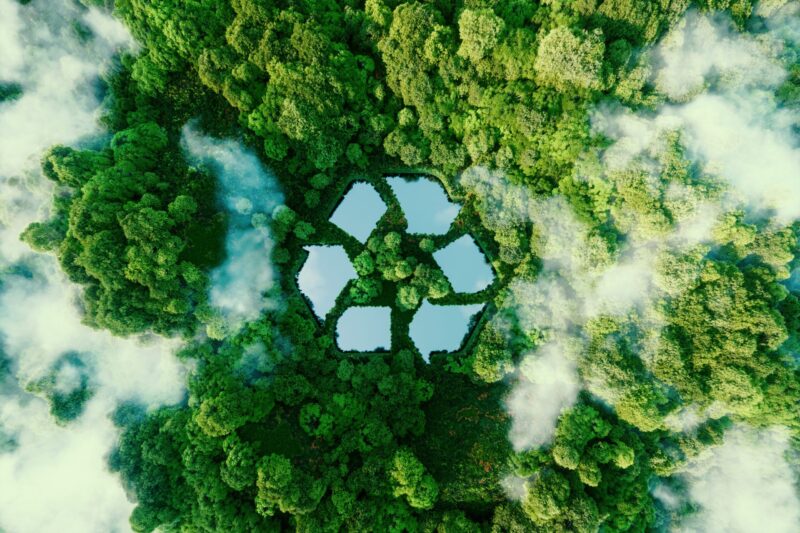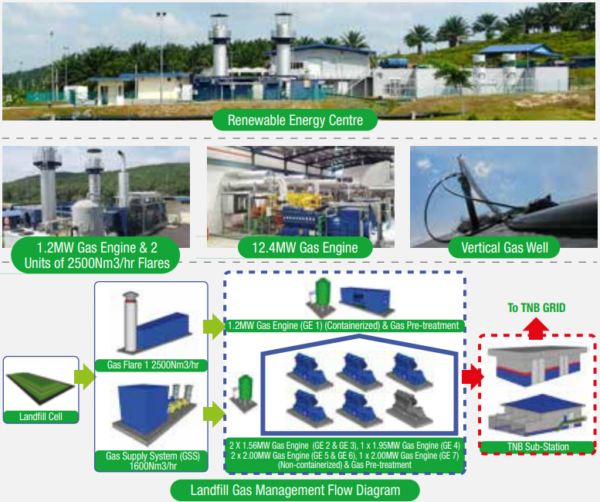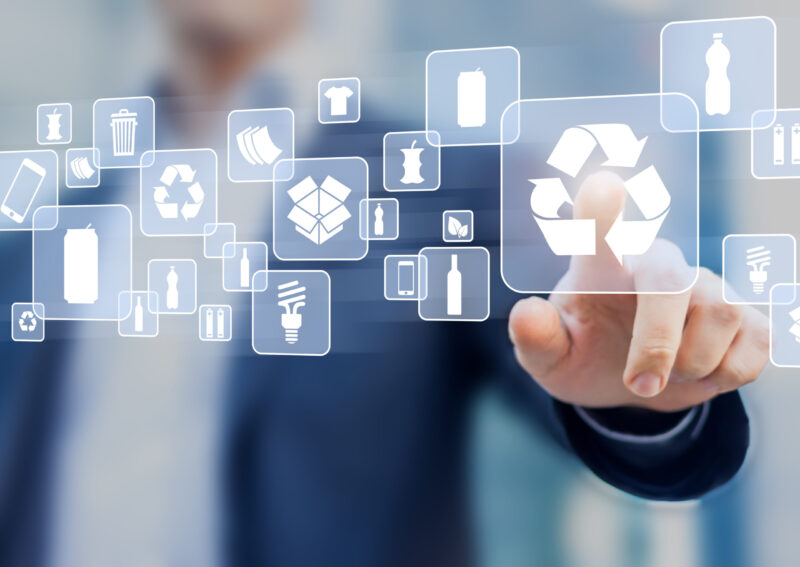
This site
is mobile
responsive

Malaysia has proactively engaged in integrated waste management initiatives to address environmental concerns and promote sustainable waste practices. Despite the nation’s various strategies and programmes, the increase in population and economic growth has posed a significant challenge to waste management.
Solid waste in Malaysia spans various categories, including household, public, commercial, industrial, imported, construction, and institutional waste. Food waste originating from households and commercial activities constitutes the largest portion, accounting for 44 per cent of the total daily solid waste in Malaysia. This is followed by plastic, paper, mixed organics, and wood.1 According to the 2021 statistics from Malaysia’s Ministry of Housing and Local Government (KPKT), Selangor leads in solid waste generation with an estimated 7,670 tons per day, followed by Sabah (4,485 tons/day) and Johor (4,439 tons/day).
Solid waste management involves a spectrum of activities, such as separation, storage, collection, transportation, transfer, processing, recycling, treatment, and disposal. Municipal Solid Waste (MSW) is considered a valuable source of bioenergy and can be utilised as feedstock for power generation or Waste-to-Energy (WtE) projects. According to KPKT, the Government of Malaysia plans to implement WtE projects in several locations throughout Peninsular Malaysia by having at least seven (7) WtE projects built nationwide by 2025.

Bukit Tagar Enviro Park (BTEP) is one of Malaysia’s largest sanitary landfills, developed and managed by Berjaya EnviroParks Sdn. Bhd. (BEP), a subsidiary of Berjaya Group ─ a conglomerate listed on the Malaysian stock exchange board.2 BEP operates the sanitary landfill at the BTEP, which has an airspace capacity of 120 million tons, sufficient for the disposal of solid waste generated from Kuala Lumpur, Selangor, and Putrajaya over 50 years.
BTEP harnesses methane gas produced during waste decomposition to generate electricity. Utilising seven gas engines with a combined 12.4-megawatt capacity, BTEP converts this methane-rich biogas into green energy. This electricity is seamlessly integrated into the National Grid through the Feed-In Tariff scheme, making BTEP one of Malaysia’s largest WtE plants. BTEP is also the first sanitary landfill in Malaysia to receive Carbon Credits units from the United Nations Framework Convention on Climate Change (UNFCCC). The project aligns with the National Energy Transition Roadmap (NETR), which outlines the increase of biogas power generation capacity to 1.4 gigawatt by 2050.
Under the Berjaya Group, J&T Berjaya Alam Murni manages sustainable scheduled waste treatment, handling more than 70 types of scheduled wastes categorised under the Department of Environment’s codes. The types of waste are clinical, toxic and hazardous from various industries all over Malaysia including the medical, small, medium and heavy industries. Another subsidiary, Amita Berjaya, focuses on recycling scheduled waste, converting it into Alternative Raw Material (ARM) and Alternative Fuel (AF) for use in cement plants. This activity aligns with the “Cradle-to-Cradle” principle, ensuring safe processing without residues.
Malaysia’s solid waste, rich in organic content and moisture, presents a promising opportunity for energy recovery through WtE facilities. Besides generating energy, WtE facilities will reduce up to 85 per cent of wastes disposed at landfills, increasing the lifespan of landfills and reducing methane and greenhouse gas (GHG) emissions. The Government’s initiative to construct WtE incinerators in each state within the next two years, facilitated by open tenders, signals an appealing investment opportunity.
As of 30 September 2023, MIDA has approved 12 integrated waste management projects worth RM940.4 million. Domestic investment dominated the industry, bringing in RM927.4 million and is expected to provide 1,030 job opportunities.
The Government has introduced green incentives for the industrial and commercial sectors since 2001. These incentives have been well received and have positively impacted the adoption of green technology in the country. In Budget 2024, the government further extended the incentives and introduced a tiered and outcome-based approach to attract high-growth and high-value sectors. Under the enhanced green technology incentives, qualifying activities now include green hydrogen, electric vehicle (EV) charging stations, wind energy and enhanced incentives for integrated waste management projects.3
Malaysia’s recent recognition as the best country in Southeast Asia in the Energy Transition Index by the World Economic Forum (WEF) is a testament to the nation’s commitment to a fast, safe, and affordable energy transition. The strategic location of Malaysia, its diverse renewable energy sources (RES), and skilled workforce position the country to become a regional leader in the global energy transition journey.
To learn more about investment opportunities in the Waste-to-energy and green technology industry, please contact the Green Technology Division, MIDA at https://www.mida.gov.my/staffdirectory/green-technology-division/.
